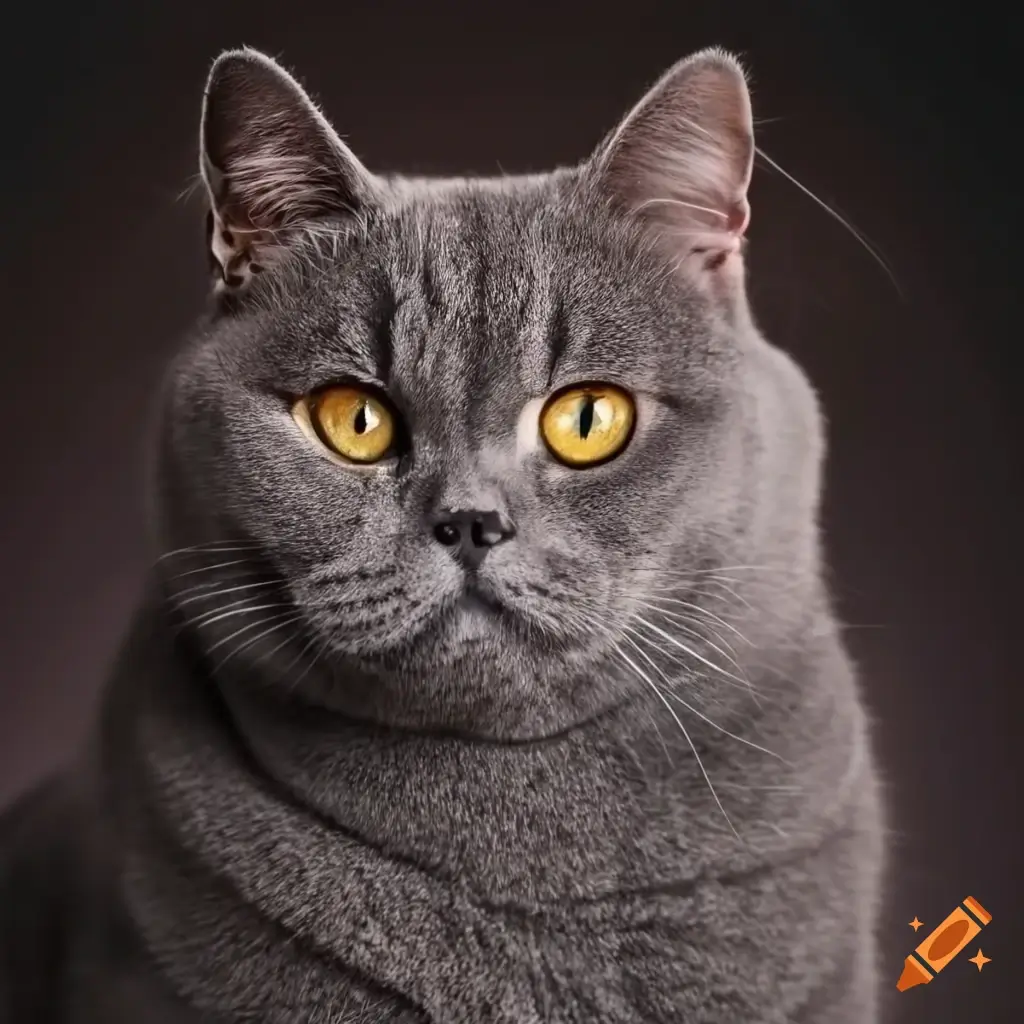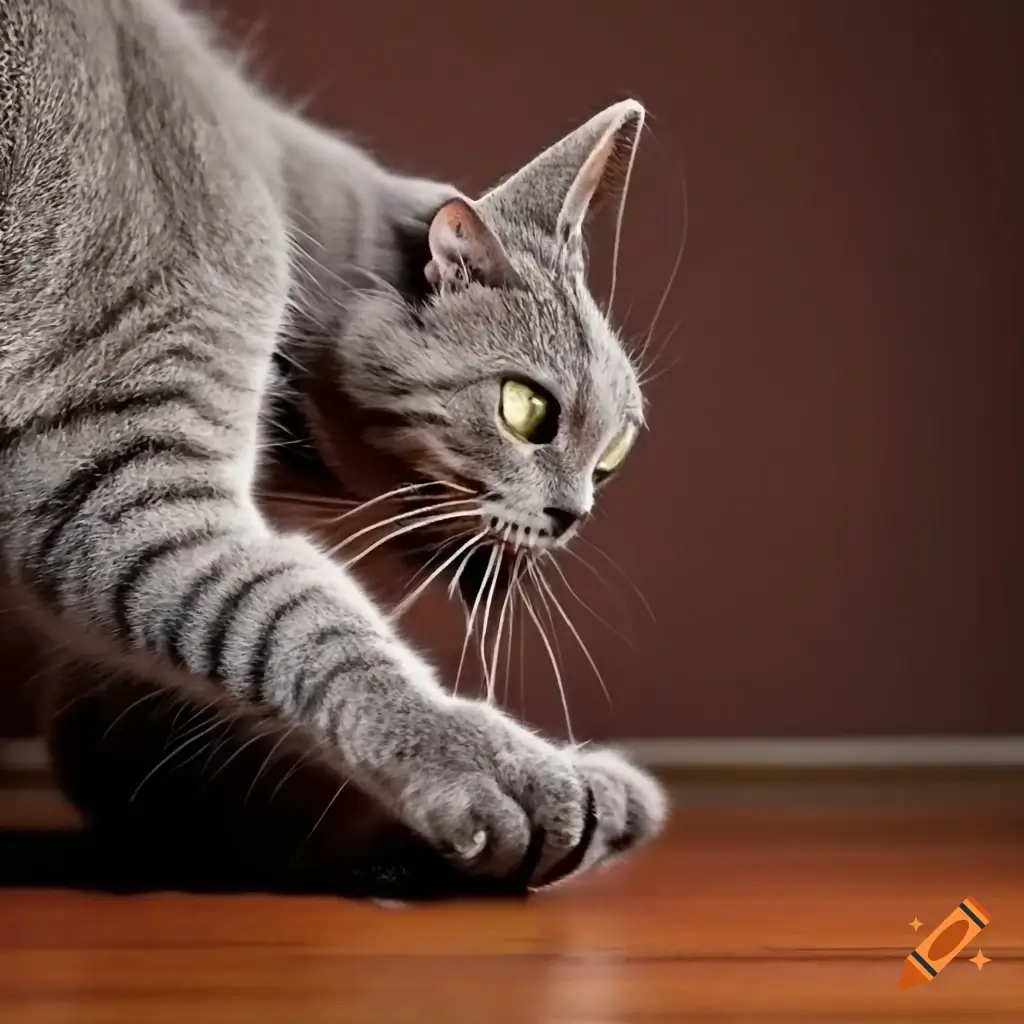British Shorthair cats, with their plush coats and charming, round faces, are among the most beloved and recognizable feline breeds worldwide. But beyond their adorable appearance lies a question many potential cat owners ponder: do British Shorthair cats catch mice? This article delves into the instincts, historical roles, and current capabilities of British Shorthairs in keeping your home rodent-free.
Do British Shorthair Cats Catch Mice?
Absolutely! Despite their laid-back and affectionate nature, British Shorthair cats possess an instinct to hunt that dates back to their ancestors. These felines may not always display their predatory skills as prominently as some other breeds, but when the opportunity arises, they can certainly show off their prowess in catching mice.
Understanding the British Shorthair’s Nature
Personality Traits
British Shorthairs are known for their calm and easygoing temperament. They tend to form strong bonds with their families, often showing a preference for a quiet and routine lifestyle. However, this doesn’t mean they lack the playful and curious traits that make cats excellent hunters.
Physical Capabilities
With a sturdy build and powerful muscles, British Shorthairs are well-equipped for short bursts of speed and agility that are essential for catching prey. Their strong hind legs allow them to pounce effectively, a critical skill in hunting.
Historical Roles of British Shorthairs
As Mousers in History
Historically, British Shorthairs were prized for their hunting abilities, especially in controlling rodent populations in homes and on farms. Their role as mousers has been well-documented, showcasing their contribution to pest control long before they became popular as household pets.
Evolution of Their Hunting Skills
Over time, while the necessity for British Shorthairs to hunt has decreased, their innate skills have not vanished. Many still retain the drive to chase and catch, which can be observed in their playful behavior and interest in toys that mimic prey.
Comparing Hunting Abilities
When compared to other cat breeds, British Shorthairs may not be the most agile or the fastest, but they are certainly capable hunters. Their approach to hunting is often more about patience and timing rather than relentless pursuit, making them efficient mousers in the right circumstances.
Training Your British Shorthair to Hunt
Encouraging Natural Instincts
You can encourage your British Shorthair’s hunting instincts through interactive play that simulates the chase-and-catch scenario. Toys that mimic the movement of mice or birds can be particularly effective in honing their skills.
Safe and Humane Training Methods
It’s important to ensure that any training or play is conducted safely and humanely. Avoid using real animals as prey, and instead, opt for toys that provide a similar experience without causing harm.
The Importance of Play and Exercise
Simulating Hunting Through Play
Regular play sessions are crucial for keeping your British Shorthair physically fit and mentally stimulated. These sessions also serve as an excellent opportunity to simulate hunting scenarios, keeping their instincts sharp.
Recommended Toys and Activities
Toys that move unpredictably, such as laser pointers or motorized mice, can be great for simulating the unpredictability of real prey. Puzzle feeders that require your cat to work for their food can also stimulate their problem-solving skills, akin to hunting.
Health and Nutrition for Optimal Performance
Diet’s Role in Hunting Ability
A balanced diet is essential for maintaining your British Shorthair’s health and ensuring they have the energy for play and exercise. High-quality cat food that meets their nutritional needs can support their physical well-being and hunting capabilities.
Keeping Your Cat Physically Fit
Regular veterinary check-ups and a diet tailored to their specific needs can help keep your British Shorthair in top hunting form. Obesity can hinder their agility and speed, so it’s crucial to monitor their weight and adjust their diet accordingly.

Pros and Cons of Their Hunting Skills
Benefits of Having a Mouser
Having a British Shorthair cat as a mouser can help control unwanted pests in your home naturally. Their presence alone can deter rodents from settling in, providing a peaceful coexistence without the need for traps or poisons.
Potential Drawbacks
While their hunting skills can be beneficial, it’s important to consider the potential for bringing in unwanted prey or the risk of injury during the hunt. Providing safe and controlled environments for play can mitigate these risks.
FAQs
1. Do all British Shorthairs have the instinct to hunt?
Yes, most British Shorthairs have an instinct to hunt, although the intensity can vary among individuals.
2. What alternatives are there to mousing for British Shorthairs?
A: If you prefer to discourage mousing behavior, you can provide interactive toys, puzzle feeders, and enrichment activities to satisfy your British Shorthair’s hunting instincts in a safe and controlled manner.
3. How to discourage unwanted hunting?
Providing ample playtime and interactive toys can help satisfy their hunting instincts without the need for real prey.
Conclusion
British Shorthair cats, with their endearing looks and gentle demeanor, may not seem like the quintessential hunters. However, beneath their cuddly exterior lies a capable mouser with instincts that, when nurtured, can make them an effective ally in pest control. Whether through playful interaction or their mere presence, British Shorthairs can keep your home free of unwanted guests, all while providing companionship and joy.
